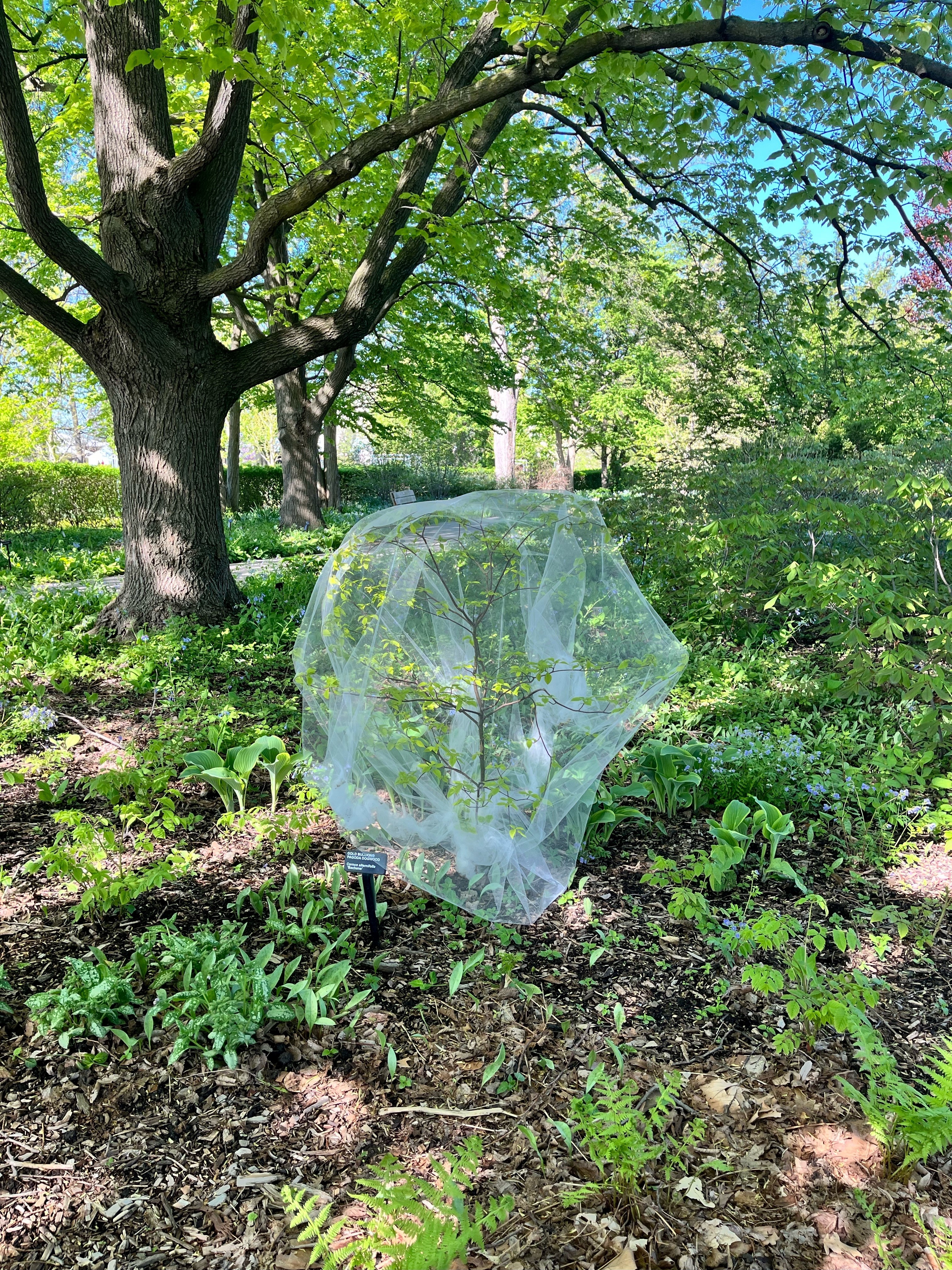Two more lawsuits were filed Friday against retailers for their implementation of Cook County’s sweetened beverage tax.
A lawsuit against Jewel-Osco owner Albertons seeks to compel the grocery chain to figure out a way to exempt from the tax at the point of sale any purchases made with food stamps.
Customers who purchase approved products with food stamps should be exempt, Cook County officials said on Thursday.
The change comes after the U.S. Department of Agriculture objected to how the tax applied to purchases using Supplemental Nutrition Assistance Program benefits, commonly known as food stamps, and threatened to withhold around $87 million in related funds from Illinois.
Retailers now must to program their point-of-sale systems or manually override them so as not to charge the penny-per-ounce tax when someone uses food stamps.
If the tax is included in the selling price, retailers must have a way to deduct the tax when beverages are purchased by food-stamp recipients.
In an email Thursday, Frank Shuftan, chief spokesman for Cook County Board President Toni Preckwinkle, said the county worked with U.S. Department of Agriculture’s Food and Nutrition Services to resolve the issues.
Local
“The only change required was to strike the refund language previously included in the regulation” addressing food stamps, Shuftan said in the email.
Retailers should get a credit for these tax exempt purchases and distributors can claim a deduction on their monthly sweetened beverage tax return for the amount of the credits provided to retailers.
In response to the change, Rob Karr, president and CEO of the Illinois Retail Merchants Association, said the county has “little regard to the impact it will have on the retail community and its consumers.”
“Not only did the county refuse to recognize this issue from the very beginning, but it has continued to show little regard for the hurdles the retail community has to go through,” Karr said.
Another suit filed Friday claims Subway sandwich shops applied the penny-per-ounce tax to all beverages, including unsweetened beverages, which should not have been taxed.
Earlier this month, consumers also brought similar lawsuits against 7-Eleven and Walgreens, claiming that the tax was applied to unsweetened drinks.
Yet another suit claimed McDonald’s was adding the tax as a surcharge to customers’ bills, which were subject to the county’s sales tax — effectively taxing the drinks twice.
According to reports, the lawsuit against McDonald’s was dismissed earlier this week when a court determined McDonald’s had collected the tax properly.



